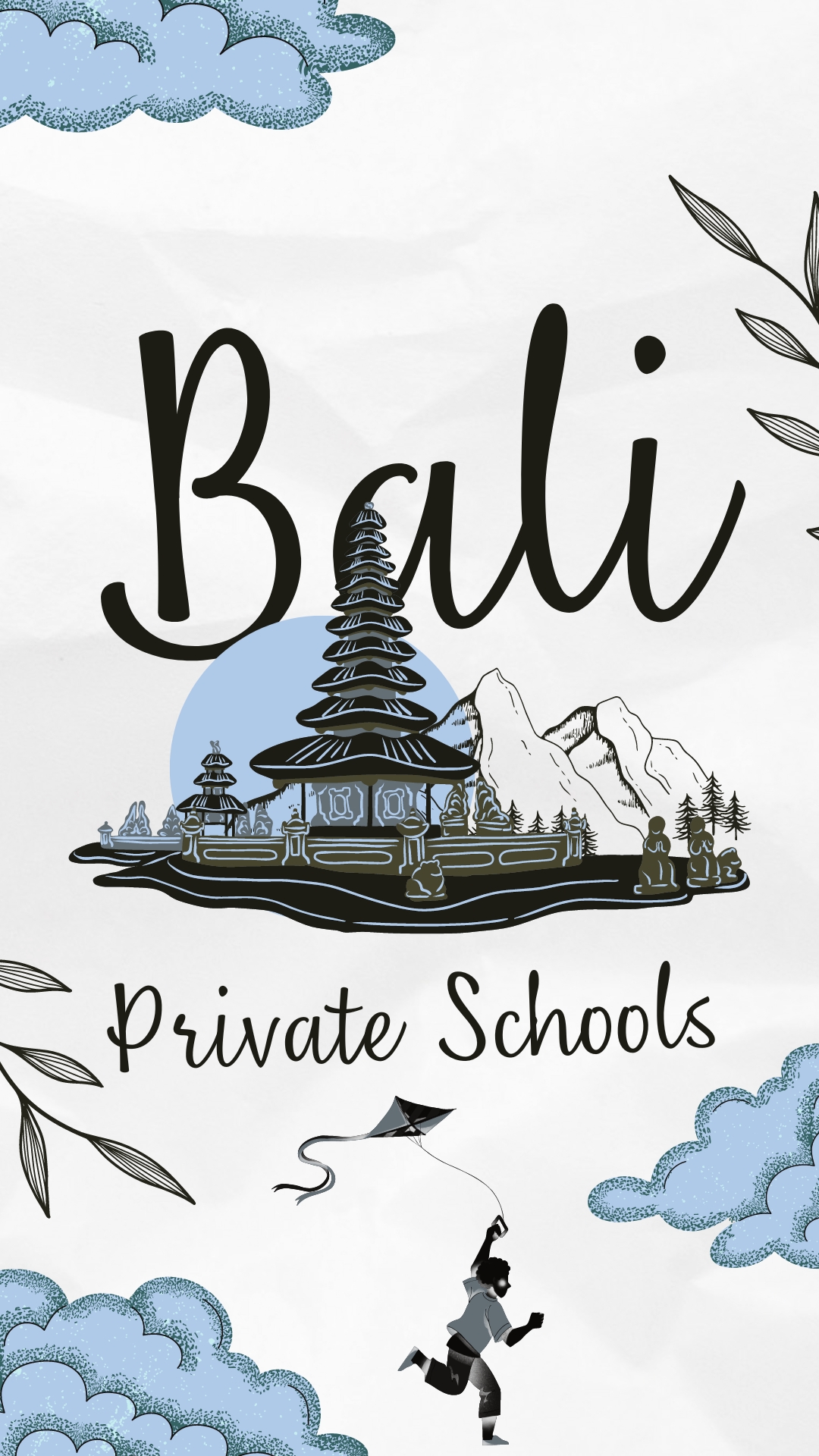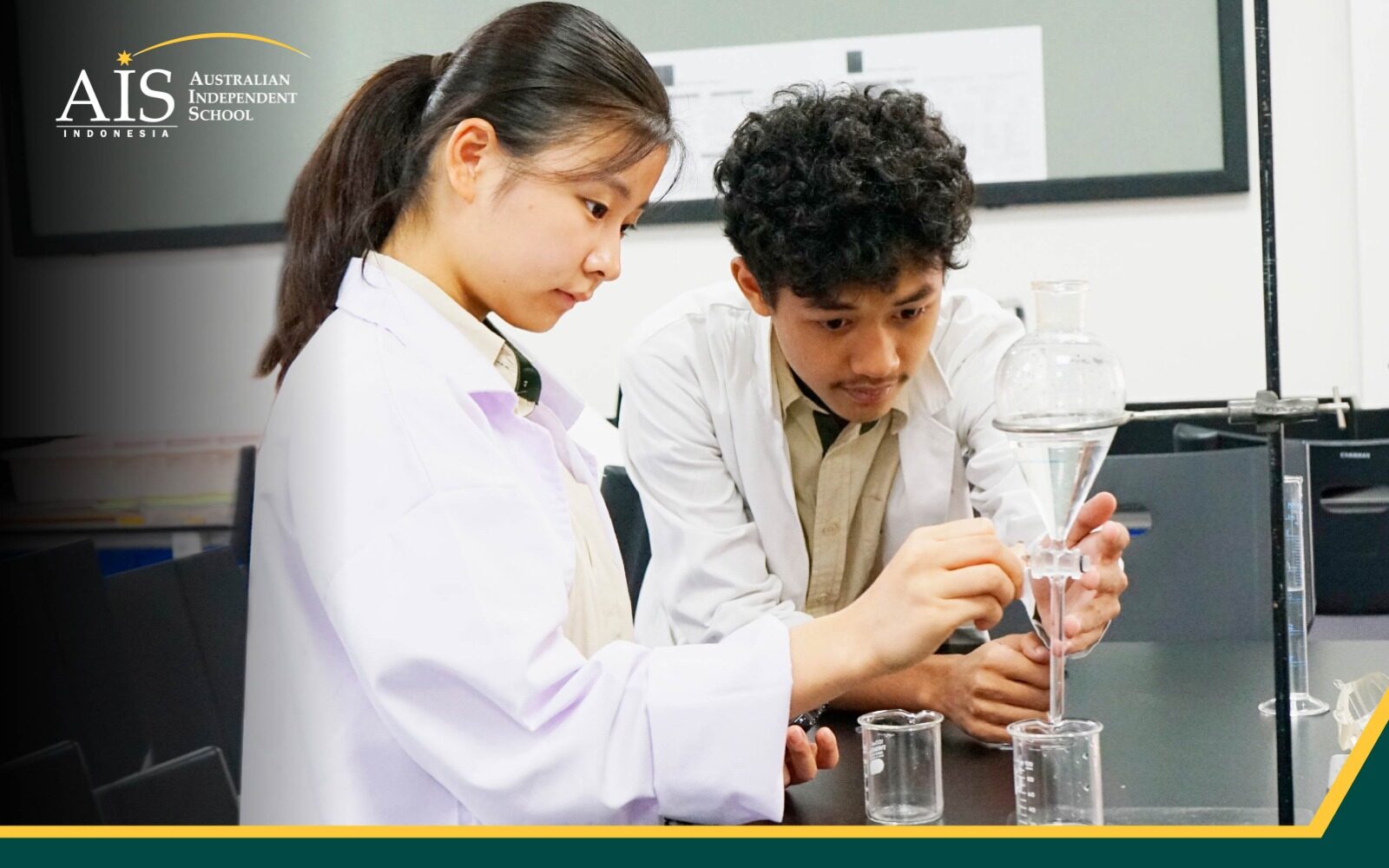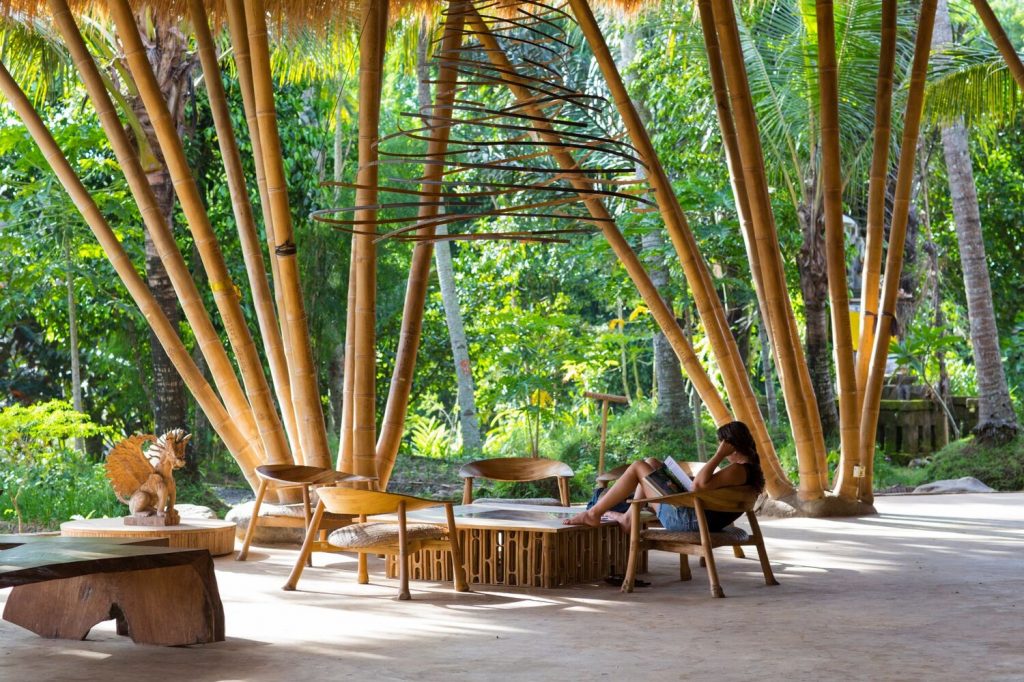TOP 12 Private Schools in Bali – 2024
Bali, known for its picturesque landscapes and rich culture, is also home to a thriving educational sector. Private schools in Bali offer diverse and quality education, blending modern teaching methods with unique cultural insights. This article delves deep into the world of private schools in Bali, exploring their benefits, challenges, and the opportunities they provide to students.

Benefits of Private Education in Bali
Personalized Learning Approaches
Private schools in Bali are renowned for their personalized approach to education. These institutions often boast small class sizes, allowing for individualized attention and tailored teaching strategies. This approach not only enhances academic performance but also supports the personal growth of each student.
Diverse Curriculum Offerings
In Bali’s private schools, the curriculum is often more varied and global than in public schools. Many institutions offer international curricula, such as the International Baccalaureate (IB), which provides students with a broad, balanced education and prepares them for global citizenship.
Extracurricular Activities and Facilities
Private schools in Bali are not just about academics; they also provide a wide range of extracurricular activities. From sports to arts, these schools offer state-of-the-art facilities and programs that nurture students’ talents and interests outside the classroom.
Choosing the Right Private School: What to Consider
Factors to Consider When Selecting a School
- When choosing a private school in Bali, several factors come into play. Parents should consider the school’s curriculum, teaching philosophy, location, and the overall environment to ensure it aligns with their child’s needs and aspirations.
Understanding Accreditation and Educational Standards
- Accreditation is a key factor in assessing the quality of a private school. Parents should look for schools accredited by reputable organizations, which ensures that the institution meets certain educational standards.
International Private Schools in Bali
Overview of International Schools
Bali hosts a number of international schools, catering to expatriates and locals alike. These schools offer a global perspective on education, often with English as the medium of instruction, making them an attractive option for families seeking an international standard of education.
Australian Independent School (AIS)
Overview: The Australian Independent School in Bali integrates the Australian Curriculum with the International Baccalaureate Diploma for senior students. Established in 1996 and located near Seminyak, AIS is celebrated for its holistic educational approach.

Grade Levels: Preschool to Year 12.
Key Features:
- State-of-the-art facilities, including a 25m pool and a multi-purpose court.
- Diverse extra-curricular activities and language options.
Pros and Cons:
- Pros: Comprehensive curriculum, excellent facilities, and small class sizes.
- Cons: Higher fee structure, limited enrollment spots.
Pricing: Detailed fee information including tuition and capital levy can be obtained directly from the school.
Australian Independent School (AIS): Australian Independent School
Bali Island School
Description: Founded in 1985, Bali Island School is one of Bali’s most established international schools, offering the full International Baccalaureate Programme.

Location: Sanur.
Grade Levels: Primary Years to Year 12.
Unique Aspects:
- Accredited by key international educational organizations.
- Strong emphasis on global citizenship and community service.
Pros and Cons:
- Pros: Comprehensive IB curriculum, strong community integration.
- Cons: Potentially intense curriculum, positioned in a higher fee range.
Fees: Specific tuition fees are available upon request. They generally fall within the $4,000 to $20,000+ USD per year range.
Bali Island School: Bali Island School
Sanur Independent School
Overview: This school combines Cambridge Assessment International Education and the Australian Curriculum. It caters to early years through lower secondary grades.
Grade Levels: Early Years to Lower Secondary.
Pros and Cons:
- Pros: Dual curriculum, supportive learning environment.
- Cons: Limited grade levels.
Fee Details: Annual fees range from Rp 43,680,000 to Rp 75,800,000, with variations based on the year level.
Sanur Independent School: Sanur Independent School
Green School Bali
Description: Nestled in Bali’s heart, Green School is an innovative, eco-friendly educational environment, offering a progressive curriculum from Pre-Kindergarten to Grade 12.

Grade Levels: Pre-Kindergarten to Grade 12.
Special Features: Emphasizes environmental sustainability and hands-on learning.
Pros and Cons:
- Pros: Unique sustainable education model, diverse learning experiences.
- Cons: High tuition fees, may not suit all educational preferences.
Fees: Yearly fees range from Rp 163,114,552 to Rp 302,104,752.
Green School Bali: Green School Bali
Lycée Français de Bali
School History: An accredited French school established in 1991, offering a comprehensive French curriculum from early childhood to high school.
Age Range: 2 to 18 years.
Pros and Cons:
- Pros: Strong language and cultural immersion, global French school network.
- Cons: Language barrier for non-French speakers, specific cultural focus.
Fee Range: Annual fees vary from Rp 54,400,000 to Rp 145,500,000.
Lycée Français de Bali: Lycée Français de Bali
Pelangi School
Background: Established in 2006 in Ubud, Pelangi School offers a vibrant, play-based learning environment, focusing on holistic child development.
Age Range: 2 to 14 years.
Educational Philosophy: Emphasis on creative, experiential, and play-based learning methods.
Pros and Cons:
- Pros: Strong focus on individual child development, nurturing environment.
- Cons: Limited to younger age groups, specific pedagogical approach may not suit all.
Tuition Fees: The annual fee structure ranges from Rp 52,300,000 to Rp 85,900,000.
Pelangi School: Pelangi School
Singaraja Montessori School
Description: This school employs the Montessori Method, offering a bilingual education in Indonesian and English, and caters to young learners.
Age Group: 3 to 11 years.
Curriculum: Montessori method with a focus on hands-on, student-centered learning.
Pros and Cons:
- Pros: Emphasis on self-directed learning, bilingual education.
- Cons: Limited age range, specific Montessori approach may not align with all educational preferences.
Fee Information: While specific fees are not publicly disclosed, inquiries can be made directly to the school for the most current information.
Singaraja Montessori School: montessori.one
Montessori School Bali
Introduction: Founded in 1998, the Montessori School Bali offers authentic Montessori programs in a serene setting, catering to children from infancy to adolescence.
Age Range: Six weeks to 15 years.
Curriculum: Based on the Montessori philosophy with a three-year cycle tailored to developmental stages.
Pros and Cons:
- Pros: Authentic Montessori curriculum, wide age range.
- Cons: Montessori method may not suit every child’s learning style.
Tuition: For detailed fee information, contact the school directly as they do not disclose fees publicly.
Website: Montessori School Bali
Skywalker Academy
Overview: Providing an international learning environment, Skywalker Academy follows the National Curriculum of England and offers a natural and holistic educational approach.
Age Group: 4 to 18 years.
Features: Innovative teaching methods in a natural setting, focusing on child-friendly architecture.
Pros and Cons:
- Pros: Wide age range, emphasis on holistic education.
- Cons: Fees and curriculum specifics not publicly available.
Fee Details: Contact the school directly for the most current tuition and fee information.
Website: Skywalker Academy
Asian Intercultural School Bali
Background: Part of the prestigious Taman Mahatma Group, this school offers the Cambridge International Curriculum from primary to senior secondary levels.
Age Group: Primary to senior secondary levels.
Key Aspects: Focus on a blend of academic rigor and fundamental human values.
Pros and Cons:
- Pros: Comprehensive international curriculum, focus on value-based education.
- Cons: Limited information on fees and specific grade levels.
Tuition: Fees are not publicly disclosed; contact the school for detailed information.
Website: Asian Intercultural School Bali
Sekolah Lentera Kasih
Description: Known for its emphasis on personal growth and development, Sekolah Lentera Kasih offers a nurturing environment with a curriculum delivered in English.
Age Range: 3 to 18 years.
Curriculum: Focuses on a broad, holistic educational approach.
Pros and Cons:
- Pros: Individual attention to students, comprehensive age range.
- Cons: Specifics about curriculum and fees not widely available.
Fees: Detailed fee structure can be obtained by directly contacting the school.
Website: Sekolah Lentera Kasih
Trihita Alam Eco School
Introduction: Situated in Denpasar, this school focuses on a child-centered and play-based curriculum, emphasizing eco-awareness and holistic development.
Age Group: 2 to 12 years.
Educational Philosophy: Incorporates eco-friendly practices and experiential learning.
Pros and Cons:
- Pros: Emphasis on environmental consciousness, nurturing learning environment.
- Cons: Limited to younger students, specifics on fees not publicly available.
Fee Details: For updated tuition information, contact the school directly.
Website: Trihita Alam Eco School
Unique Features of Balinese Private Schools: Cultural Integration
Emphasis on Cultural Education
Private schools in Bali often incorporate local culture into their curriculum. This includes learning the Balinese language, understanding local customs, and participating in cultural events, providing students with a unique and enriching educational experience.
Integration with Local Community
Many private schools in Bali are actively involved in community service and local projects. This not only helps in the development of the community but also instills a sense of responsibility and community spirit in the students.
Admission Process and Requirements: Navigating the Entry
Application Steps
The admission process in private schools can be competitive and rigorous. This section outlines the typical steps involved in applying to a private school in Bali, from initial inquiries to acceptance.
Necessary Documentation
Applying to a private school often requires a range of documentation, including academic records, recommendation letters, and sometimes entrance exam results. This section will guide parents through the necessary paperwork.
Specialized Private Schools in Bali: Catering to Unique Interests
Focus on Arts, Sports, or Sciences
Some private schools in Bali specialize in certain areas such as the arts, sports, or sciences. These institutions offer specialized programs and facilities to nurture talents in these specific fields.
Innovative Teaching Methods
Innovation in teaching is a hallmark of many specialized private schools. From project-based learning to technology integration, these schools employ cutting-edge methods to enhance the learning experience.
Success Stories from Private Schools in Bali: Shaping Future Leaders
Alumni Achievements
Many alumni of Bali’s private schools have gone on to achieve great things in various fields. This section will showcase some of these success stories, highlighting the role their education played in their achievements.
School Contributions to Student Success
The contribution of private schools to the success of their students is significant. This section explores how these institutions provide the necessary support and resources to help students reach their potential.
Challenges Facing Private Schools in Bali: Balancing Modernity and Tradition
Balancing Tradition and Modern Education
One of the challenges facing private schools in Bali is maintaining a balance between traditional values and modern educational practices. This section discusses how schools navigate this balance, ensuring a holistic education for their students.
Managing Diverse Student Populations
Private schools in Bali often have a diverse student body, which presents both opportunities and challenges. This section explores how these schools manage cultural diversity and create an inclusive environment for all students.
Parental Involvement and Engagement: A Key to Success
The Role of Parents in Private Education
Parental involvement is crucial in the educational journey of a child. This section examines how parents can actively participate in their child’s education, especially in the context of a private school.
Community Building Activities
Private schools in Bali often organize activities that involve parents and the wider community. These initiatives not only strengthen the school community but also enhance the overall educational experience for students.
Future of Private Education in Bali: Embracing Changes and Innovations
Trends and Predictions
The landscape of private education in Bali is ever-evolving. This section looks at current trends and future predictions, focusing on how these changes will impact the educational experience.
Impact of Technology and Innovation
Technology plays a crucial role in the evolution of education. This section explores how private schools in Bali are incorporating technological advancements and innovative teaching methods to stay ahead in the educational field.
Comparing Private and Public Schools in Bali: A Detailed Analysis
Educational Outcomes
This section compares the educational outcomes of private and public schools in Bali, analyzing aspects such as academic performance, university admissions, and overall student development.
Cultural and Social Differences
The cultural and social environments of private and public schools can differ significantly. This part of the article will delve into these differences and their implications on the educational experience.
Scholarships and Financial Aid Options: Making Private Education Accessible
Availability and Eligibility
Scholarships and financial aid can make private education more accessible to a wider range of students. This section discusses the types of financial support available and the criteria for eligibility.
Application Process
Applying for scholarships and financial aid can be a complex process. This section provides a step-by-step guide to help parents and students navigate the application process effectively.
Preparing for a Global Future: The Role of Private Schools
How Private Schools Prepare Students for Globalization
In an increasingly globalized world, preparing students for international challenges is crucial. This section discusses how private schools in Bali equip students with the skills and knowledge necessary for a global future.
Emphasis on International Awareness
International awareness is a key component of education in private schools. This section explores how these institutions foster a global perspective among students, preparing them for diverse cultural and professional environments.
Sustainability Practices in Private Schools: Fostering Environmental Responsibility
Environmental Education
Sustainability and environmental education are increasingly important in today’s world. This section examines how private schools in Bali are integrating these themes into their curriculum and school culture.
School Initiatives in Sustainability
Many private schools in Bali have initiated programs and practices focused on sustainability. This section highlights some of these initiatives and their impact on students and the community.
Extracurricular Opportunities: Beyond the Classroom
Range of Activities Offered
Extracurricular activities are a vital aspect of the educational experience in private schools. This section explores the range of activities offered and how they contribute to the overall development of students.
Impact on Student Development
Participation in extracurricular activities can have a profound impact on a student’s development. This section discusses how these activities enhance skills such as leadership, teamwork, and creativity.
The Significance of Private Education in Bali
In conclusion, private schools in Bali offer a unique and enriching educational experience, blending modern teaching methods with cultural insights. This article has explored the various aspects of private education in Bali, highlighting its benefits, challenges, and the pivotal role it plays in shaping future generations.